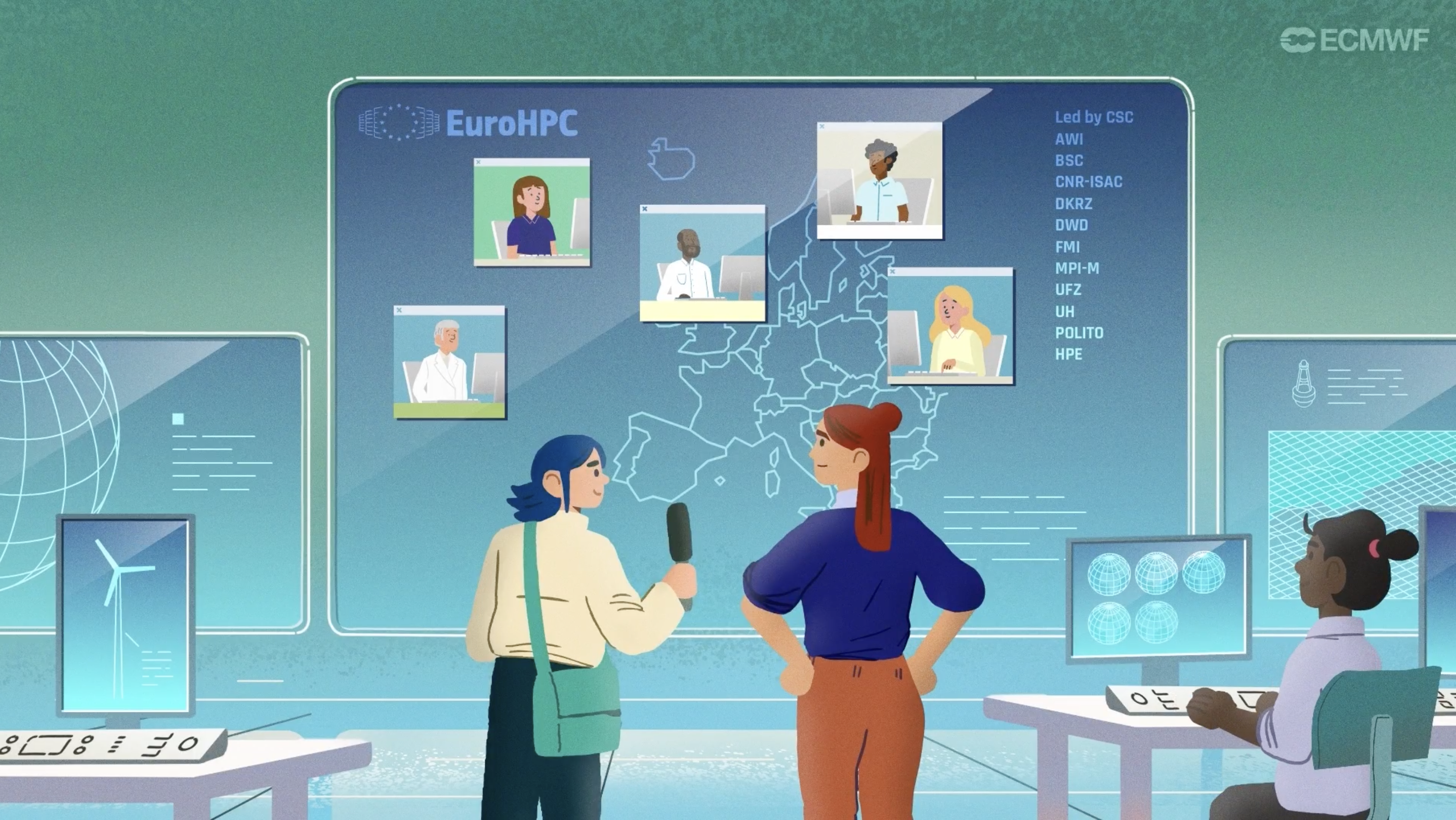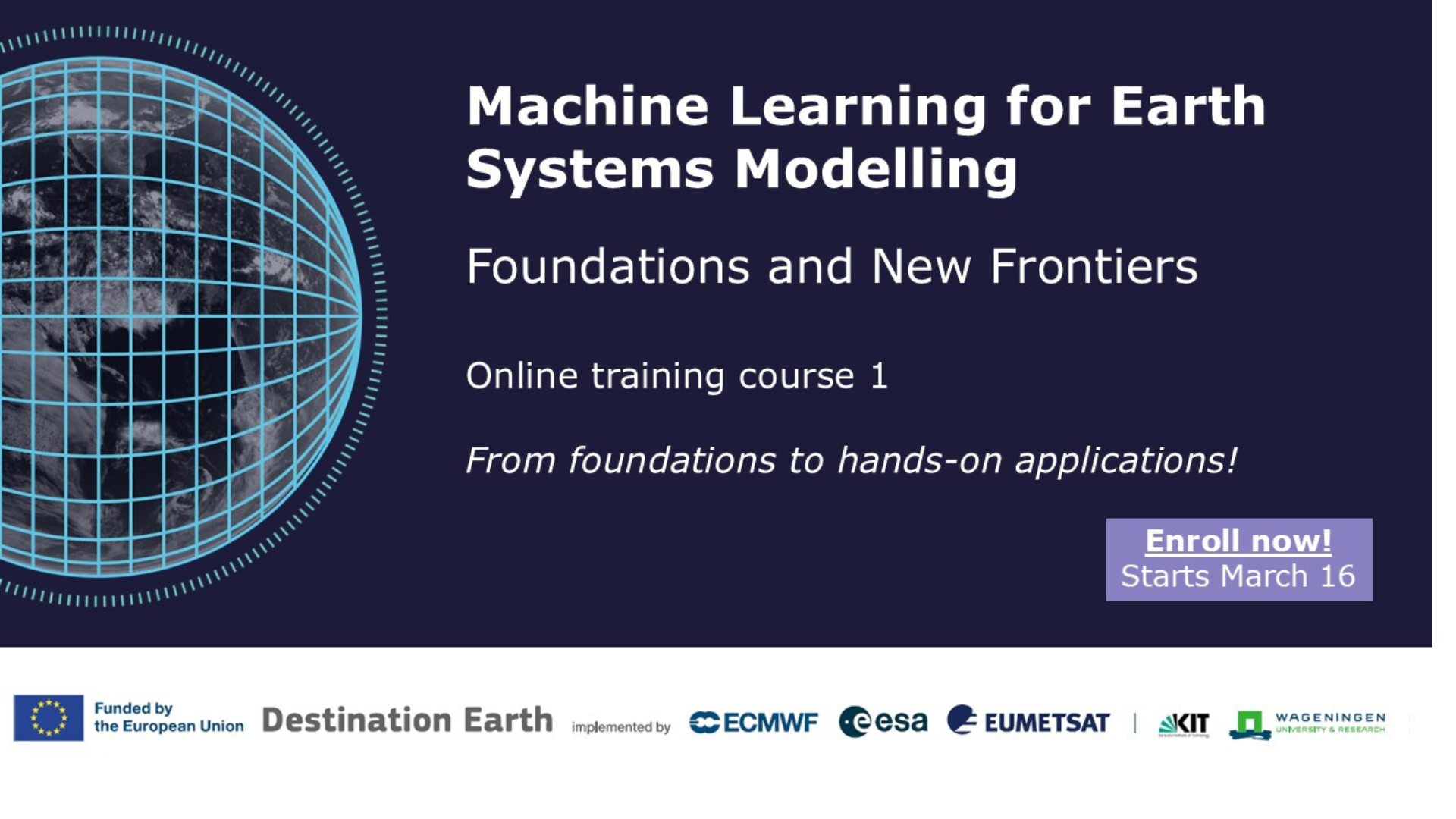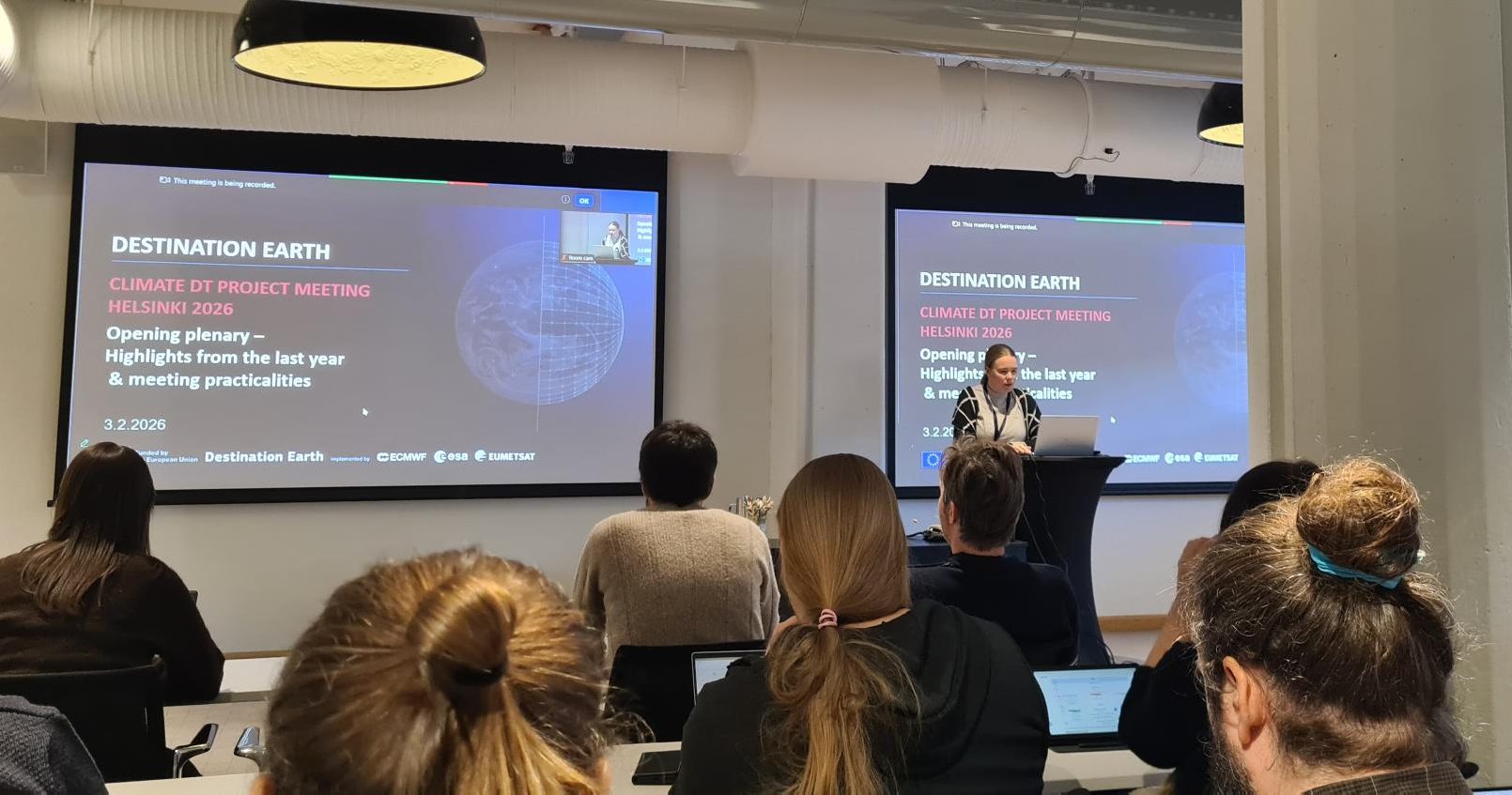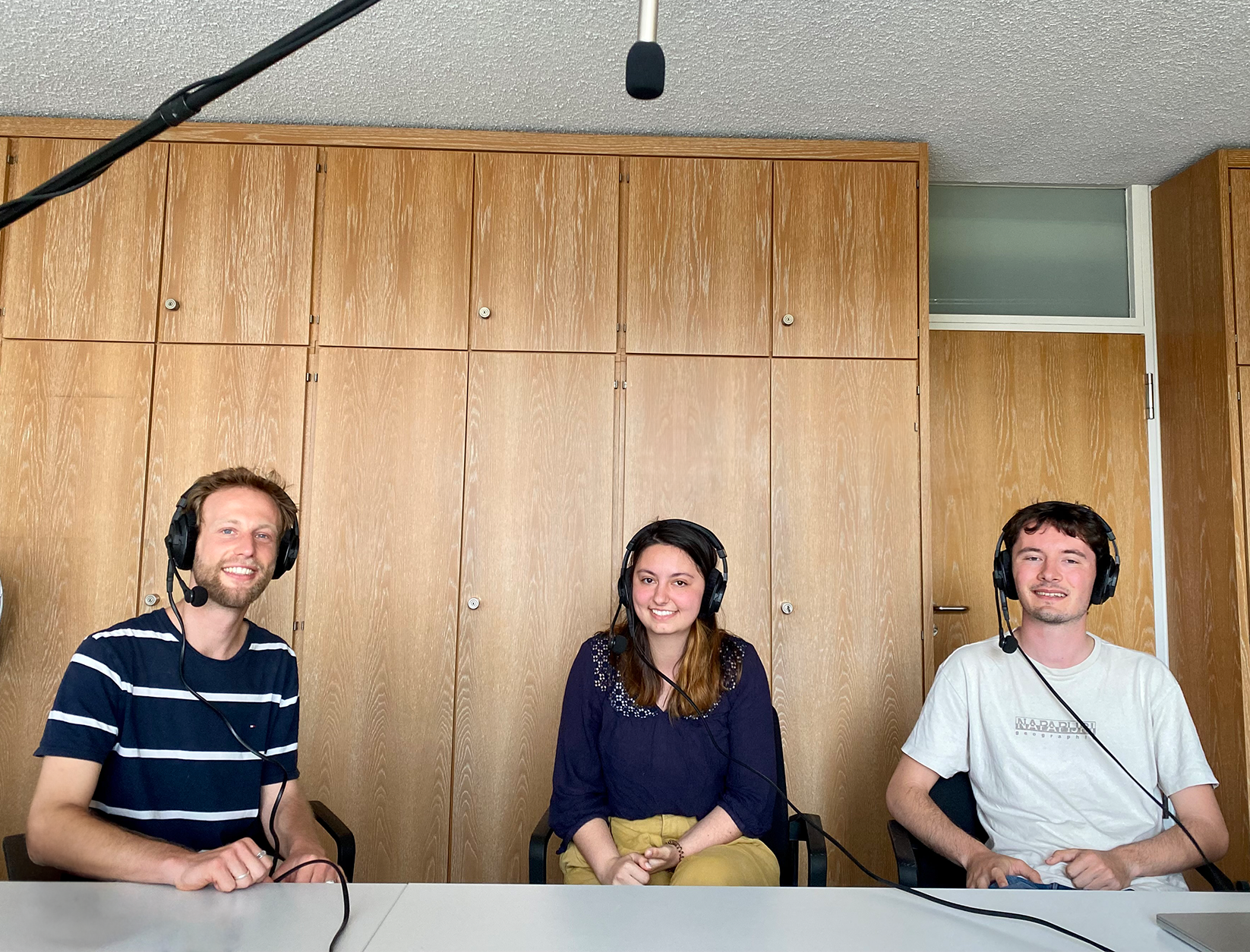
First episode of new ECMWF Podcast released
The first episode of the “DestinE Digital Twin Dialogues” podcast series explores the journey of early career scientists working at ECMWF on topics at the heart of DestinE. The talk features Mathilde, Cathal and Josh’s perspectives on key technological and societal issues as they participate in the journey of building the digital twins of the Earth for the EU Destination Earth initiative.
“DestinE’s Digital Twin Dialogues” is a new ECMWF podcast series that brings together a diverse array of experts from ECMWF and its partner organisations, discussing some of the key aspects involved in developing a digital replica of our planet, such as kilometer-scale Earth system simulations, supercomputing, and artificial intelligence.
In the first edition, we speak with three early-career scientists to uncover the aspects of being part of the DestinE initiative that are most important to them.
Boosting innovation in Europe: the role of early career scientists
Early career researchers are essential in driving Europe’s innovation forward. At ECMWF within the DestinE initiative, a significant share of scientists involved in the development of the digital twins and the Digital Twin Engine- key components of DestinE- are in their early career stage.
I personally think it’s a great time and there are many opportunities for young people to do research and innovation.
Mathilde Leuridan
These scientists bring novel knowledge, diverse perspectives and enthusiasm to the multidisciplinary mix of skills needed to tackle such an ambitious endeavor. In return, DestinE offers a great opportunity to nurture their deep tech interests by engaging with the latest advances in Earth system sciences and supercomputing.
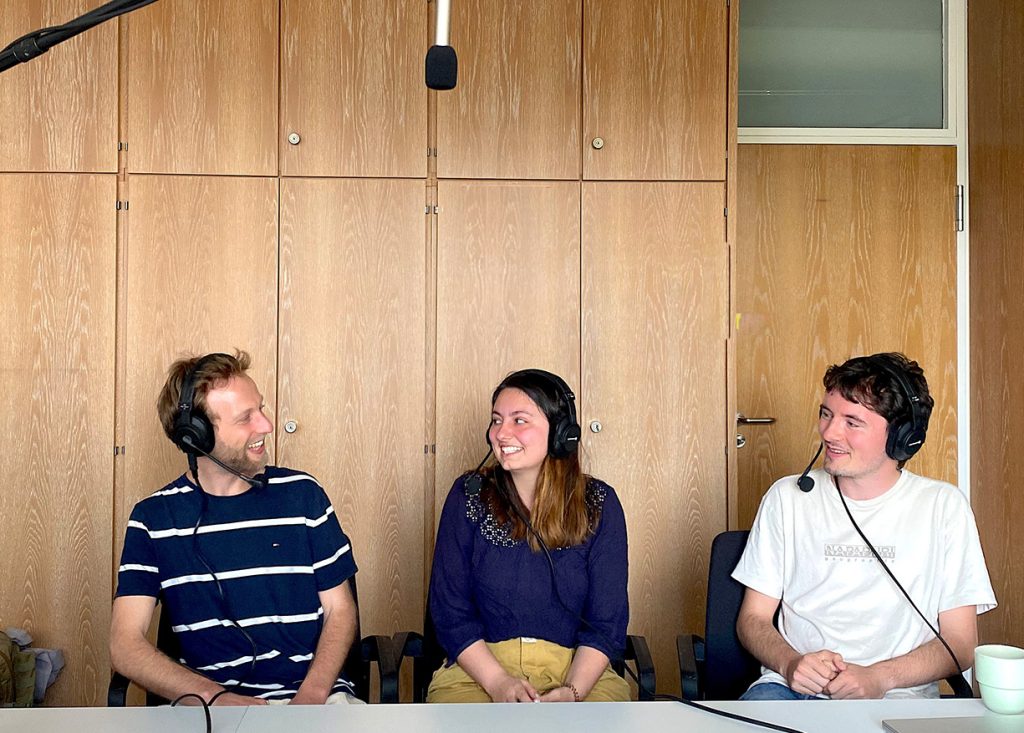
Meet Mathilde, Cathal and Josh
Mathilde Leuridan, a 24-year-old French national, is a computational scientist at ECMWF, working on Polytope, a software developed by ECMWF in DestinE which is a key component of the Digital Twin Engine. Polytope allows to access and handle the large volumes of data produced by the DestinE digital twins.
Polytope will make things easier for DestinE users by allowing them to extract only the information they need. Working on this area enables me to apply my mathematical background and problem-solving skills to Earth sciences and critical issues like climate change.
Mathilde Leuridan
Cathal O’Brien, a 25 year-old-Irish national, is a member of the HPC Applications team in the Computing Department. His work involves porting and deploying the digital twins on the EuroHPC machines, ensuring the digital twins run efficiently on these next-generation supercomputers.
DestinE couldn’t be a better project for what I wanted to do, it really is pushing the boundaries of Climate Science.
Cathal O’Brien
Josh Kousal, a 27-years-old dual Australian – Hungarian national, is a wave modelling scientist. With a background in ocean surface gravity waves and the coupled interactions they have within the earth system, Josh has been actively involved in high-resolution Earth system modeling, a central feature of DestinE’s digital twins.
“As we get more computing resources there’s more capability to go to higher resolution with the model, meaning that we can start resolve more things, so that’s really exciting!”
Josh Kousal
Interviewed by science journalist Richard Kemeny, our three fellow scientists engage in in-depth conversations about what it means to be at the heart of Europe’s innovation landscape and why joining ECMWF and the DestinE initiative is significant.
AI in DestinE at the centre of interests
When asked about the most intriguing aspects of the various technological developments in DestinE, all of them highlight the significant impact of recent advancements in Artificial Intelligence and Machine Learning (AI/ML) for weather forecasting and the critical role it plays in the DestinE initiative.

The great pace of AI and its impacts on weather forecasting, this is so impressive! It is really amazing to see where it is going, and where it will go in the future.
Cathal O’Brien

It’s really phenomenal what has been achieved in this field over the past few years, transitioning from niche activities to becoming a crucial part of our work here at ECMWF and in DestinE. In the weather and climate fields, what’s particularly fascinating is the additional insights we can gain from these advancements.
Josh Kousal
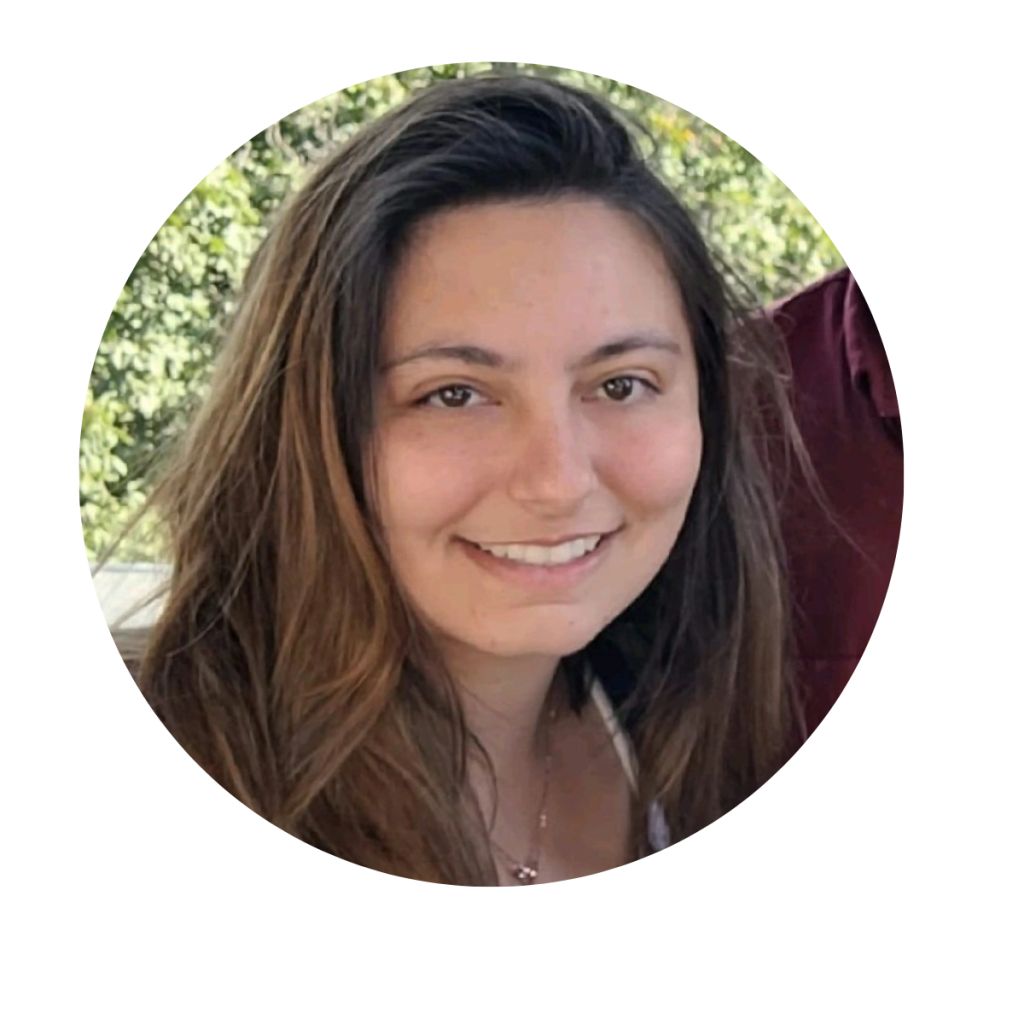
Even for software developers, we are also harnessing the power of AI to develop these tools faster, but we also take part in various AI initiatives to develop chatbots to facilitate access to the data in the future.
Mathilde Leuridan
To better adapt and prepare to the challenges linked with extreme events and climate change
In recent years, the increasing engagement of the younger generation in raising awareness about the impacts of climate change and extreme events has been significant.
This episode offers an opportunity to highlight early career scientists who are at the forefront of scientific and technological innovations, working at ECMWF to develop solutions that help us better prepare for and adapt to the environmental challenges posed by climate change and extreme events .
By creating collaborative pathways to address these challenges, DestinE plays a key role in contributing to the growth and skill-building of Europe’s emerging weather and climate scientists.
Discover more about DestinE through the voices of these early career researchers by listening to the full podcast here.

Destination Earth is a European Union-funded initiative launched in 2022, with the aim to build a digital replica of the Earth system by 2030. The initiative is being jointly implemented under the leadership of DG CNECT by three entrusted entities: the European Centre for Medium-Range Weather Forecasts (ECMWF), responsible for the creation of the first two ‘digital twins’ and the ‘Digital Twin Engine’, the European Space Agency (ESA) responsible for building the ‘Core Service Platform’, and the European Organisation for the Exploitation of Meteorological Satellites (EUMETSAT), responsible for the creation of the ‘Data Lake’.
We acknowledge the EuroHPC Joint Undertaking for awarding this project strategic access to the EuroHPC supercomputers LUMI, hosted by CSC (Finland), and the LUMI consortium, Marenostrum5, hosted by BSC (Spain) Leonardo, hosted by Cineca (Italy) and MeluXina, hosted by LuxProvide (Luxembourg) through a EuroHPC Special Access call.
More information about Destination Earth is on the Destination Earth website and the EU Commission website.
For more information about ECMWF’s role visit ecmwf.int/DestinE
For any questions related to the role of ECMWF in Destination Earth, please use the following email links:
